Money vs. The Economy
01-30-2025
A lot of people confuse money with the economy, but they’re not the same thing. Money is simply a database —a tool we use to record and facilitate the exchange of goods and services. It doesn’t have inherent value. The real economy is made up of the actual things we produce, trade, and consume —food, housing, technology, healthcare, and everything else that improves our lives. Money is just a system to keep track of these exchanges, helping us transfer value over time and space.
To understand this better, imagine you're stranded on a deserted island with a trillion dollars in your bank account. It’s worthless. You can’t eat money, build shelter with it, or use it for survival. What you actually need is food, water, and tools— real economic value. The same principle applies in any economy: a nation’s wealth isn’t determined by the number of dollars in circulation but by the actual goods and services it produces and consumes.
This distinction is important because economic growth isn’t about printing more money —it’s about increasing the production and quality of goods and services. Inflation, for example, happens when money supply outpaces real economic output, diluting its purchasing power. Money allows us to exchange and store value efficiently, but it’s only as strong as the economy backing it. In the end, what truly matters isn’t how much money exists—it’s how much value is being created in the real world.
